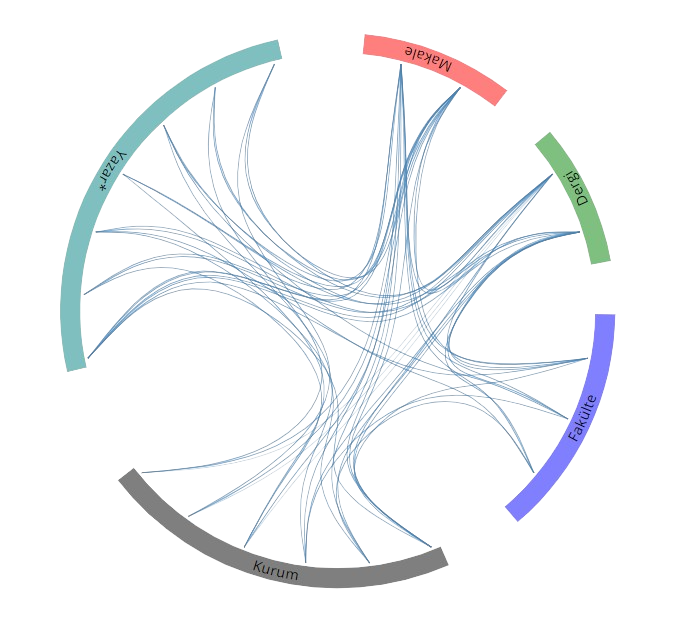Dr. Umut Inci Onat was graduated from Bilkent University with a BS degree in Molecular Biology and Genetics and pursued her PhD degree in Molecular Biology and Genetics in Bilkent University under supervision of Assoc.Prof. Ebru Erbay. After completion of her PhD studies, she continued on her research as a post-doctoral fellow at UNAM in Bilkent University based on initiated work during her PhD. She then moved to Acibadem University as a post-doctoral researcher for one year and in the meantime she also did lecturing. She continues her research as Assistant Professor since October 2022. She recently focused on understanding how inter-organelle stress communication between the ER, mitochondria and nucleus heightens inflammation during hyperlipidemia, as well as how this communication affects well-known regulatory pathways in atherosclerosis progression such as efferocytosis, apoptosis and cholesterol metabolism; and to leverage this knowledge to design molecular intervention studies that can be further developed into novel therapeutics for cardiometabolic diseases. In addition to those, she also focus on the interaction between these two high importance organelle and their immune-metabolic reflections in molecular pathway level, which are very important in other metabolic diseases as well as known genetic diseases, which cause malfunction in immunometabolism such as MS.
- E-posta
- inci.onat@acibadem.edu.tr
- Web Sayfası
- https://avesis.acibadem.edu.tr/inci.Onat


